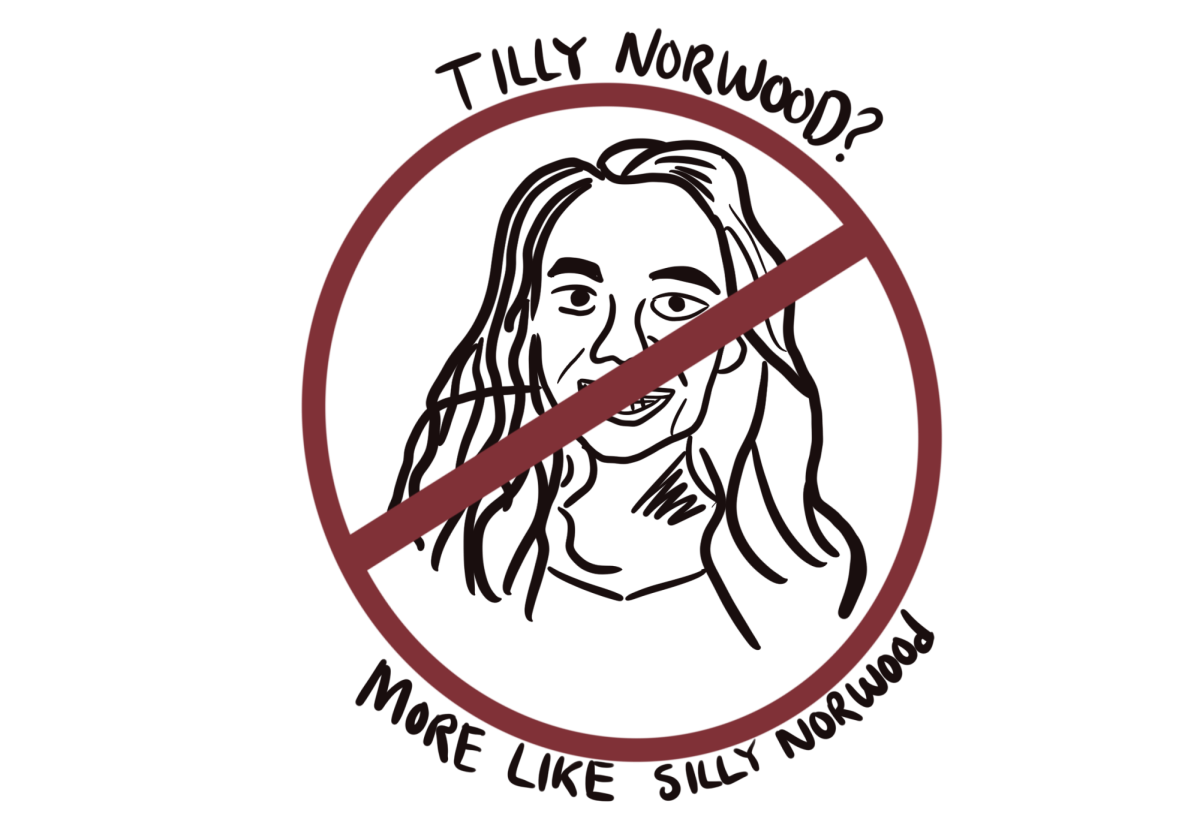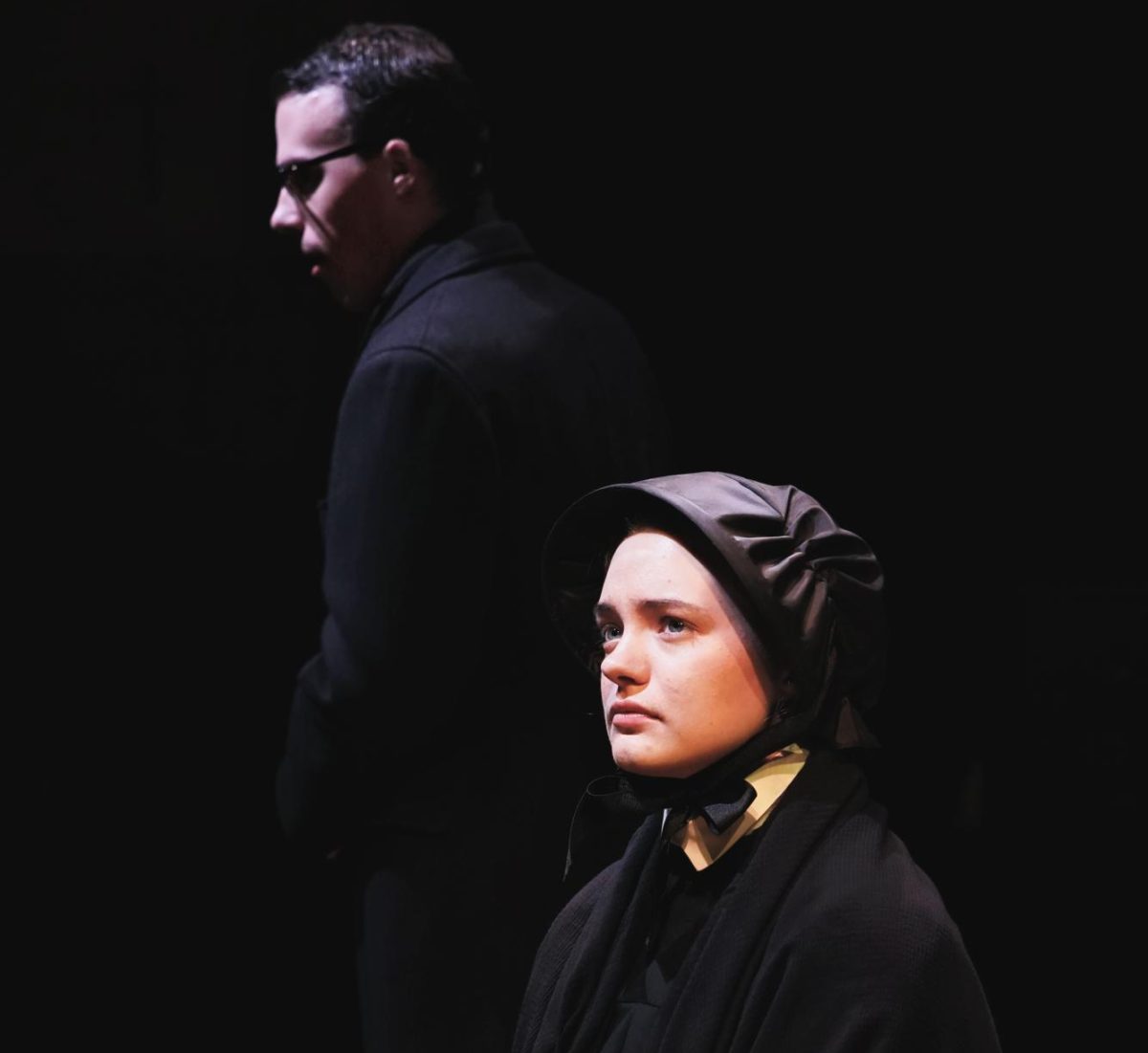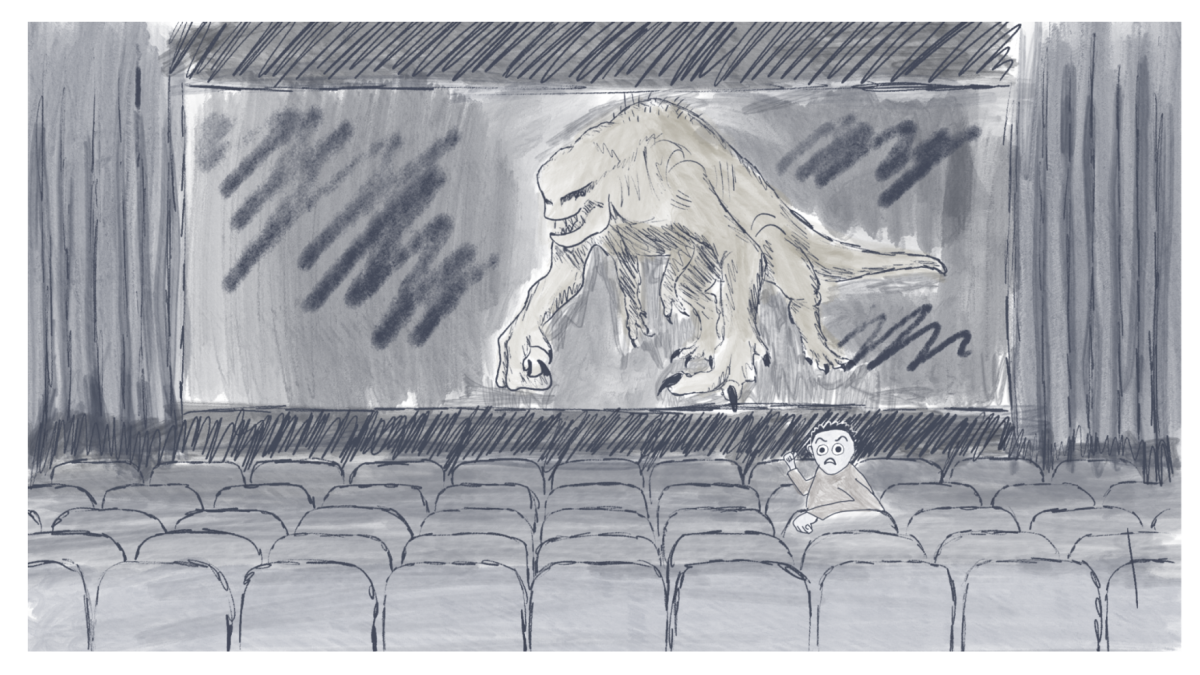I think most of us have heard the sentiments that art, now more than ever in the midst of Donald Trump’s presidency, must and should respond to racial discrimination. However, we do no know exactly what that response might look like. Though I cannot speak definitively on the issue, based on recent events on campus, I would like to propose a response.
Before considering this response, it is vital to contextualize the state of the theater arts. Under-representation of marginalized groups is present in the contemporary theater and it promotes institutional oppression. This is a truth, not an opinion. It also promotes individual oppression by staging stories almost exclusively about white, cishet, middle-class America, thus further marginalizing disadvantaged groups and creating perceptions of the theater as an art form meant for white cishet people.
Theatrical performance possesses so much political power. It is an immense privilege to stand on a stage in front of an audience who has committed its time to listen and see whatever the performer offers. That sort of live platform does not occur frequently in routine life apart from political platforms, and truly powerful politically minded theater often creates the same atmosphere inspired in rallies and protests.
It is the duty of the contemporary theater to use this political power to dismantle the institutional oppression inherent in its current structure, as well as to work against the individual oppression to which it has contributed.
How might this be accomplished? Expressed simply, the stage and proverbial spotlight must be offered freely to disadvantaged peoples of different races, sexual orientations, economic levels, gender orientations, other physical and mental abilities, etc. The operative word here is “freely.” Contemporary theater must allow these marginalized groups to determine the how, when, where and why for these stories, to prevent tokenization and tone policing. Then contemporary theater must listen and engage with these stories, magnifying marginalized voices to be as loud as possible.
It is through this engagement with true diversity that the American public will fight individual and institutional oppression.
Now, does this mean that white cishet voices should not be heard in the contemporary theater? At this point, I am honestly not sure. Though it might seem personally unfair, if one considers the fact that theater, up to this point in history, has been almost entirely created and presented by white cishet people (mostly men), then it does not seem unreasonable to give the stage to others.
Theater can be used for so much more than telling the slightly entertaining but ultimately forgettable stories of privileged people. It has the potential to tell the stories of those who experience oppression in our society, and that should be the contemporary theater’s proper business.





